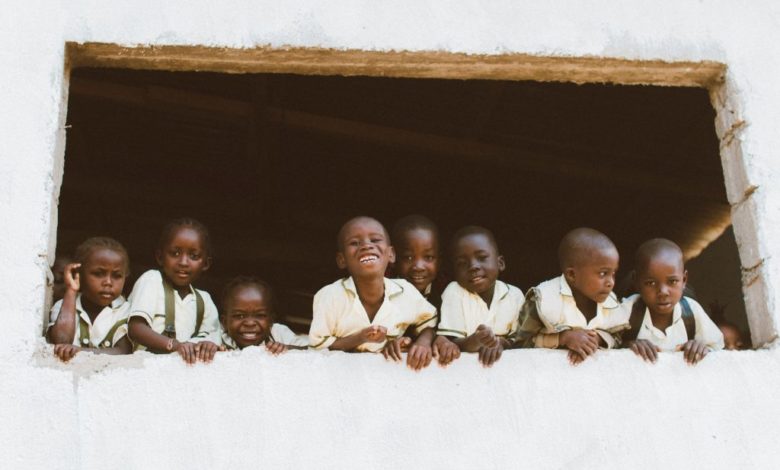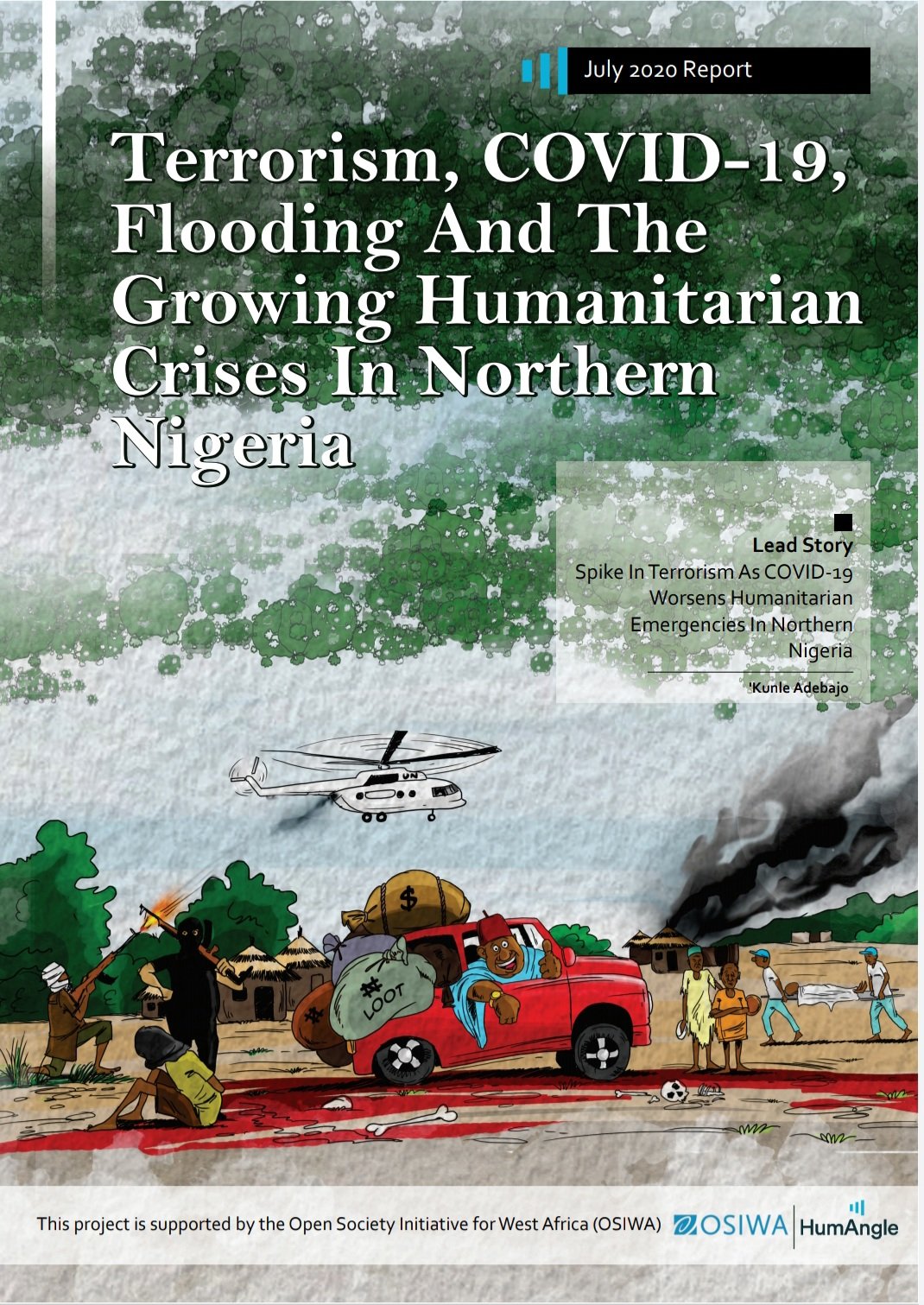COVID-19 Widening The Education Gap In Northern Nigeria

With 13.2 million out-of-school youths, Nigeria leads the world in a march to a most insecure future. According to the United Nations Children’s Fund, (UNICEF) 2018 data, Nigeria has the most significant number of out-of-school children in the world, contributing 20 per cent to that ugly data.
Within Nigeria, though, the distribution of that out-of-school children menace points toward the Northeast as the chief harvester. Perhaps, a pointer to this is the targeted campaigns and attacks on Western education by radical religious groups.
Schooling has been regularly disrupted by terrorist attacks mostly in Borno, Yobe and Adamawa states. In the Northwest, the situation is not different. Indeed, with Zamfara State at the forefront, most out-of-school children in the state have never been enrolled in schools to benefit from compulsory basic education.
HumAngle assessment of the situation in the state identified different orientations from families. Finger-pointing has been evident, with some picking holes with the education system as part of the reasons their children are not enrolled in school.
This is especially in rural areas where children of farmers do not go to school at the peak of the farming season due to their involvement in agricultural activities. The children of livestock herders are hardly enrolled in schools as they are seen by their parents to be more beneficial for their livestock breeding than with anything to do with schooling.
The Almajiri system of education is another major barrier to accessing formal education in the North. Secular school timetables clash with the Almajiri lifestyle that requires children to beg for alms or run errands when not in their fulltime Quranic schools.
Even among those who go to school, the literacy rate in Northern Nigeria is so abhorrent. A national survey conducted in 2010 showed that 71.7 per cent of children between the ages of five and 16 in the Northwest and 83.1 per cent of the same category in the Northeast could not read.
The survey further showed that the teachers themselves were grossly lacking the knowledge and skills to impart in the children. They were largely deficient in basic literacy and numeracy skills.
Further back, a 2008 study showed that the majority of basic school teachers in Kwara State, North Central region, were barely literate. However, the state ranked better than many in Northern Nigeria.
Nigeria’s budget on education is also very poor, with less than 10 per cent of the total allocations allotted to the educational sector. The condition of infrastructure in schools is poor with classrooms in most public schools in a pathetic state, congested and not conducive to meaningful learning.
COVID-19 and e-learning in the north
The outbreak of COVID -19 early in the year has exposed different socioeconomic, digital and educational divides among communities in Nigeria. The awful choices the pandemic forced Nigerians into has shown what used to be seen as the lamentations of civil society organisations.
The decision of the Federal Government to close schools raised questions about how children would continue learning. The option of using virtual learning methods was considered viable and different countries around the world embraced the strategy.
However, e-learning is based on digital inclusion and internet penetration that are progressing sluggishly in many parts of Nigeria, and largely non-existent in the rural areas.
Statistics show that less than half of Nigeria’s population has access to the internet and the country’s education through virtual infrastructure and the internet is described as ill-conceived by experts even before the pandemic took the country by surprise.
Dr Dili Ojukwu, a UK based Nigerian expert on e-learning told HumAngle that “it is indeed sad that it took COVID-19 to shock most of humanity, particularly those living in the so-called developing nations, about the need for a total rethink on the delivery of education.
“But technology has been warning us about it for decades.
“In a lot of African countries today, education, including tertiary education, is at a standstill. Why? They have not integrated remote learning practices in their curricula.
“They are still stuck in the traditional pattern of knowledge sharing where one individual would stand in a classroom, telling students how to confront the challenges of the 21st century with 19th-century equipment.”
Even though the government is seen as not well prepared to ask students to join e-classes due to COVID-19, the less privileged families in Nigeria cannot afford it due to harsh financial realities facing them.
Maimuna Muhammad Labbo, a Kano State-based secondary school final year student, expressed her concern, saying accessing the internet was expensive for many families who struggled to eat daily.
“The Federal Government said it is planning for teachers to engage students through online classes, but nobody thinks about hundreds of thousands of students who cannot access the internet or are digitally not included,” she lamented.
“Try to imagine what online classes would possibly mean to the majority of students in rural areas who have never accessed or surfed the internet!
“Try to imagine the cost of data bundles to poor parents who cannot have a day of three square meals, especially in this trying time when businesses are experiencing economic meltdowns,” Maimuna said.
Continue reading …
Support Our Journalism
There are millions of ordinary people affected by conflict in Africa whose stories are missing in the mainstream media. HumAngle is determined to tell those challenging and under-reported stories, hoping that the people impacted by these conflicts will find the safety and security they deserve.
To ensure that we continue to provide public service coverage, we have a small favour to ask you. We want you to be part of our journalistic endeavour by contributing a token to us.
Your donation will further promote a robust, free, and independent media.
Donate HereStay Closer To The Stories That Matter





